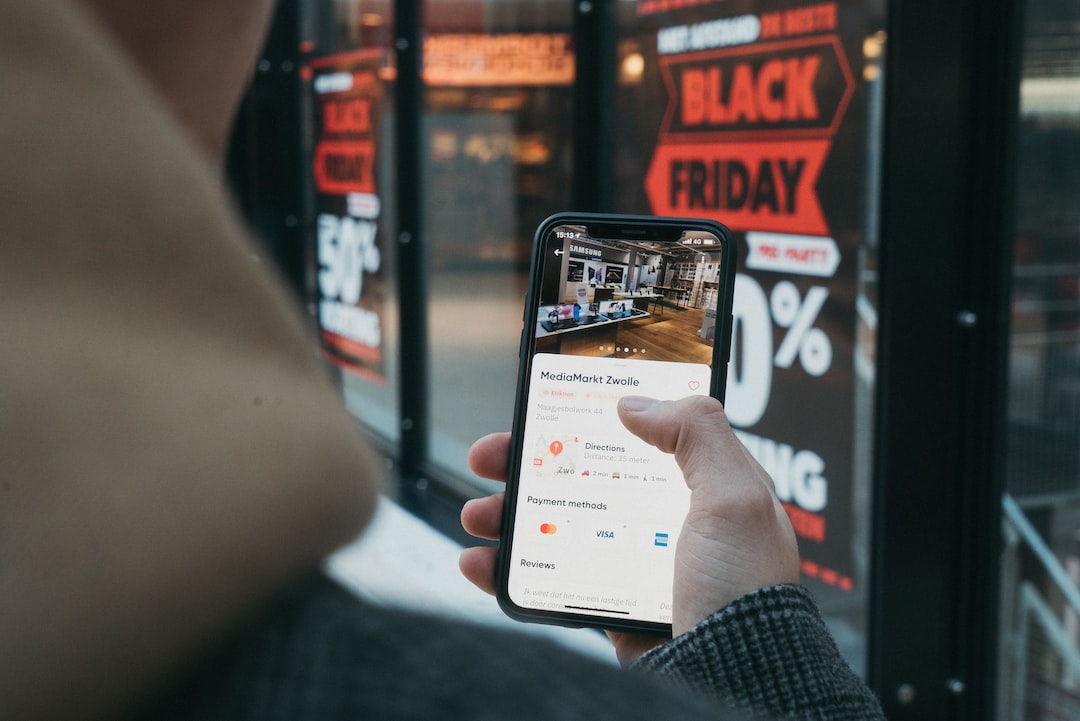The Role of Personalization in Ecommerce Marketing
In today’s fast-paced digital world, consumers have come to expect personalized experiences, especially when it comes to online shopping. With the increasing competition in the ecommerce industry, companies are constantly looking for ways to stand out from the crowd and attract loyal customers. One of the most effective strategies for achieving this is through personalization.
Personalization in ecommerce marketing refers to tailoring the shopping experience to meet the unique needs and preferences of individual customers. This could include personalized product recommendations, targeted email marketing campaigns, or even customized landing pages. The goal is to create a more engaging and relevant experience for consumers, which in turn, drives sales and increases customer loyalty.
One of the key benefits of personalization in ecommerce marketing is the ability to provide customers with a more relevant shopping experience. By collecting and analyzing customer data, companies can gain valuable insights into individual preferences, purchase history, and browsing behavior. Armed with this information, they can then deliver personalized product recommendations and offers that are more likely to resonate with each individual customer.
For example, a customer who has previously purchased running shoes might be more interested in receiving offers related to athletic apparel or accessories. By using personalization techniques, companies can tailor their marketing messages to this customer’s specific interests, increasing the likelihood of a purchase.
In addition to providing a more relevant shopping experience, personalization can also help to build stronger customer relationships. By showing customers that you understand their needs and preferences, you can create a sense of loyalty and trust. This can lead to increased customer satisfaction and repeat purchases.
Email marketing is one of the most effective tools for personalization in ecommerce. By using customer data such as purchase history, demographics, and browsing behavior, companies can send targeted emails that are tailored to each individual customer. These emails can include personalized product recommendations, exclusive offers, or even reminders for abandoned carts.
For example, if a customer has previously purchased a pair of jeans from an online clothing retailer, they might receive emails with recommendations for similar styles or new releases. By using personalization in email marketing, companies can increase open rates, click-through rates, and ultimately, conversions.
Another effective way to personalize the ecommerce shopping experience is through customized landing pages. By creating landing pages that are tailored to the specific needs and interests of different customer segments, companies can increase engagement and conversion rates. For example, a retailer that sells both women’s and men’s clothing might create separate landing pages for each audience.
The women’s landing page might feature images and products that are more relevant to female customers, while the men’s landing page might focus on different products and styles. By segmenting the shopping experience in this way, companies can ensure that each customer is presented with a targeted and engaging selection of products.
In conclusion, personalization plays a crucial role in ecommerce marketing. By tailoring the shopping experience to individual customer preferences, companies can provide a more relevant and engaging experience. This not only increases the likelihood of a purchase but also helps to build stronger customer relationships and loyalty. Whether it’s through personalized product recommendations, targeted email campaigns, or customized landing pages, personalization is a powerful tool for driving sales and success in the ecommerce industry.


